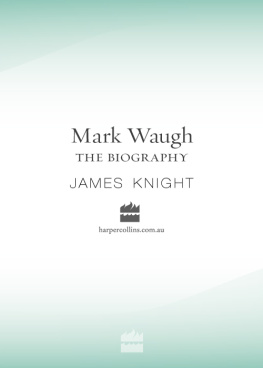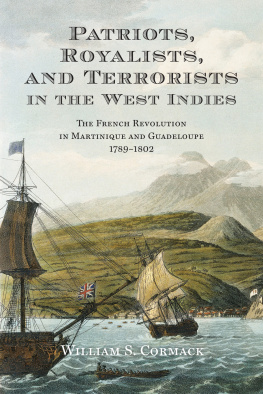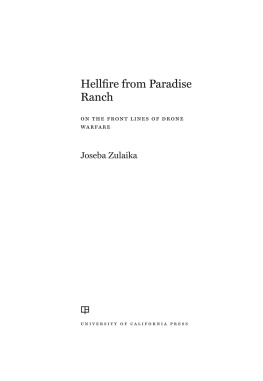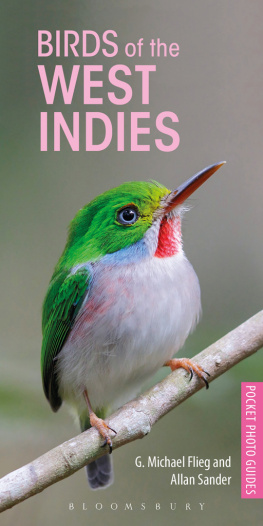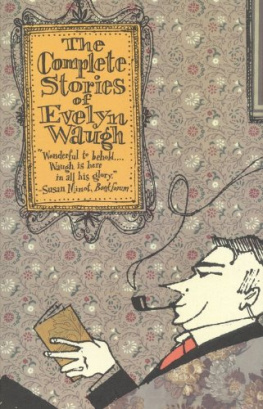The Sugar Islands
A COLLECTION OF PIECES WRITTEN
ABOUT THE WEST INDIES BETWEEN
1928 AND 1953
by
ALEC WAUGH

CONTENTS
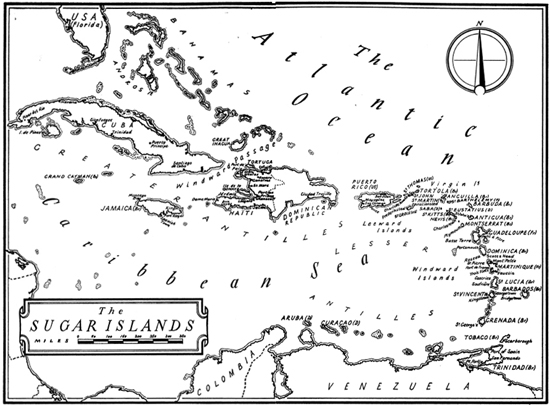
In this book I have collected the various pieces that I have written about the West Indies in travel books and magazines. I have been visiting the islands for thirty years. Several of them are very different now from what they were in 1928; several of my prophecies have not been fulfilled; on several points I have changed my mind; but I have not tried to bring this book up to date. The whole point of a travel book is that it should be dated.
Travel books are not a profitable form of writing; their sale is usually small but they have for the author the satisfaction of possessing reference value. They hold their place on library shelves and are consulted by the student and the traveller long after novels that enjoyed a brief bright summer are utterly forgotten. I do not suppose that it would pay a publisher to reissue today Froudes English in the West Indies, Treevess Cradle of the Deep, or Rutters If Crab No Walk, but those three books provide indispensable research material. It is of value to learn how certain places struck certain people twenty, fifty, eighty years ago. I have therefore left these pieces as I wrote them except for a few excisions. One or two repetitions will still be found, because I felt that the individual pieces would lose their identity if I pruned them too severely. I have dated each chapter, adding an occasional note and including a few interpolations explaining how I got my material. The interpolations are printed in italics.
On no issue has the situation changed more rapidly during the last few years than that of colour. It will change even faster in the future. Racial discrimination is practically at an end, but colour itself has not ceased to be a problem; and though it may cease to be a problem, it will remain, in my opinion, a consideration. The roots have gone very deep. I have inserted an occasional note to the effect that a certain situation would not exist today, but I have left untouched most of the paragraphs that dealt with colour, because I believe that it will help the student of the future who turns these pages in a library, as I myself have turned those of Froude, to be able to say, This is how it struck a certain kind of Englishman in 1928, 38, 48, and 58.
The name Eldred Curwen appears often in these pages. He died in London in September 1955 at the age of fifty-two. He had a peculiar upbringing. His familyits country seat was Workington, in Cumberlandwas referred to in a gossip paragraph as old enough to make the Plantagenets seem parvenus. His mother died when he was young, his elder brother was killed in the First War and his father never recovered from the shock, becoming a recluse and taking no interest in his younger son. Eldred had no real education. He was superannuated from Shrewsbury, and was allowed from the age of sixteen to wander about Europe on a monthly allowance of thirty pounds. He spoke colloquially French, German, Spanish, and Italian, but never grasped the grammar of any language. He would, for instance, spell the contraction ofdid not dident. People understand what I mean, he would retort. At the age of twenty-one his allowance was raised to a thousand pounds a year. A little later he broke the entail on Workington in favour of his sisters children in return for an annuity of two thousand pounds. In 1931, on his aunts death, he inherited a charming Victorian villa in Antibes, which he made his base.
He was short, red-haired, well-built; he was a keen skier and a good tennis player. Though he was basically uneducated, he was a man of sound, practical common sense. He never did a days work but he organized his own life effectively. Whereas most men are concerned with the earning of an income, he was concerned with the spending of one. His problem was how to get the most out of an income, first of thirty pounds a month, later of a thousand and, finally, of two thousand a year. He never got into debt.
He was one of the happiest and gayest people I have ever known. As a friend he was affectionate, loyal, and unselfish. He was a wonderful companion. For me, as for very many others, the world is a different place without him.
from THE SUNLIT CARIBBEAN
Written in 1947
Something always remains out of a love affair. Usually the last thing one would expect. A year ago, a man whom I have known for a quarter of a century, with whom for five or six years I was on terms of quite close friendship and with whom, nowadays, in the course of most years I arrange at least once to lunch or dine, asked me if I had been surprised the first time he invited me to dinner.
It had been in the early twenties. I was four or five years younger than he was. We had nothing very obvious in common. He was a Treasury official. He was not a footballer or a cricketer. As members of the Savile Club, we met casually two or three times a month. There was no particular reason why he should have invited me to a dinner which markedwe could recognize it now in retrospectthe start of our real friendship. Had I been surprised when he invited me? Yes, I said. I suppose I was.
He smiled. Youll be more surprised when I tell you why I did. I had heard that you were a good friend of Phylliss. I had just fallen for her, crazily. I thought it might do me good to have you saying nice things about me to her. I read in The Times this morning that she is a grandmother. I dont suppose Ive thought of her ten times in the last fifteen years. Its strange to reflect that our friendship, yours and mine, is the only thing that survives now out of all that emotional disturbance.
We have most of us had, I fancy, an equivalent experience. And when an interviewer recently asked me what it was that had first attracted me to the Caribbean, I was forced to remind myself, a little ruefully, that this interest of mine in the West Indies is all that is left alive now in my life of an entanglement on whose account at the end of the nineteen-twenties I travelled many thousand miles.
It was incidentally, without premeditation, as part of a quite different plan, that I saw the West Indies first.
In the spring of 1926 I went round the world. I travelled by the Messageries Maritimes. And in view of the difficulty and cost of travel now, it is pertinent to recall that a ticket that sent me first-class round the Mediterranean touching at Greece, Turkey, and the Levant; thence from Port Said via Colombo to Malaya; from Singapore, calling at the Dutch East Indies, to the Australian ports; from Sydney northwards across the Pacific to the New Hebrides, Tahiti, Panama, the West Indies, and finally Marseilles; a ticket that included twenty weeks board and lodging, cost 166.
For a writer with no responsibilities or overhead expenses, who was able to earn a thousand pounds a year, large-scale travel was, in the twenties and thirties, a definite economy. When I have mentioned the places I have been to, I have often been asked incredulously how on earth I could have paid the passage. My answer has been that it was only because I was travelling half the time that I was able to run a flat and entertain my friends in London. During my round-the-world trip I spent during nine months, without being austerely economical, under five hundred pounds.
I have described that journey in another book, Hot Countries, telling how, like so many travellers before me, I decided at the first sight of Tahiti to let my ship sail on without me; telling in the form of fiction how gradually I came to realize that Tahiti, whatever it may have been in the days of Melville, was no place in the nineteen-twenties for a young man of ambition to take root in; telling how I decided suddenly, in an afternoon, to get back to England by the quickest and shortest route across America, not waiting for the French boat by which I had a ticket. I did not tell, however, in
Next page

